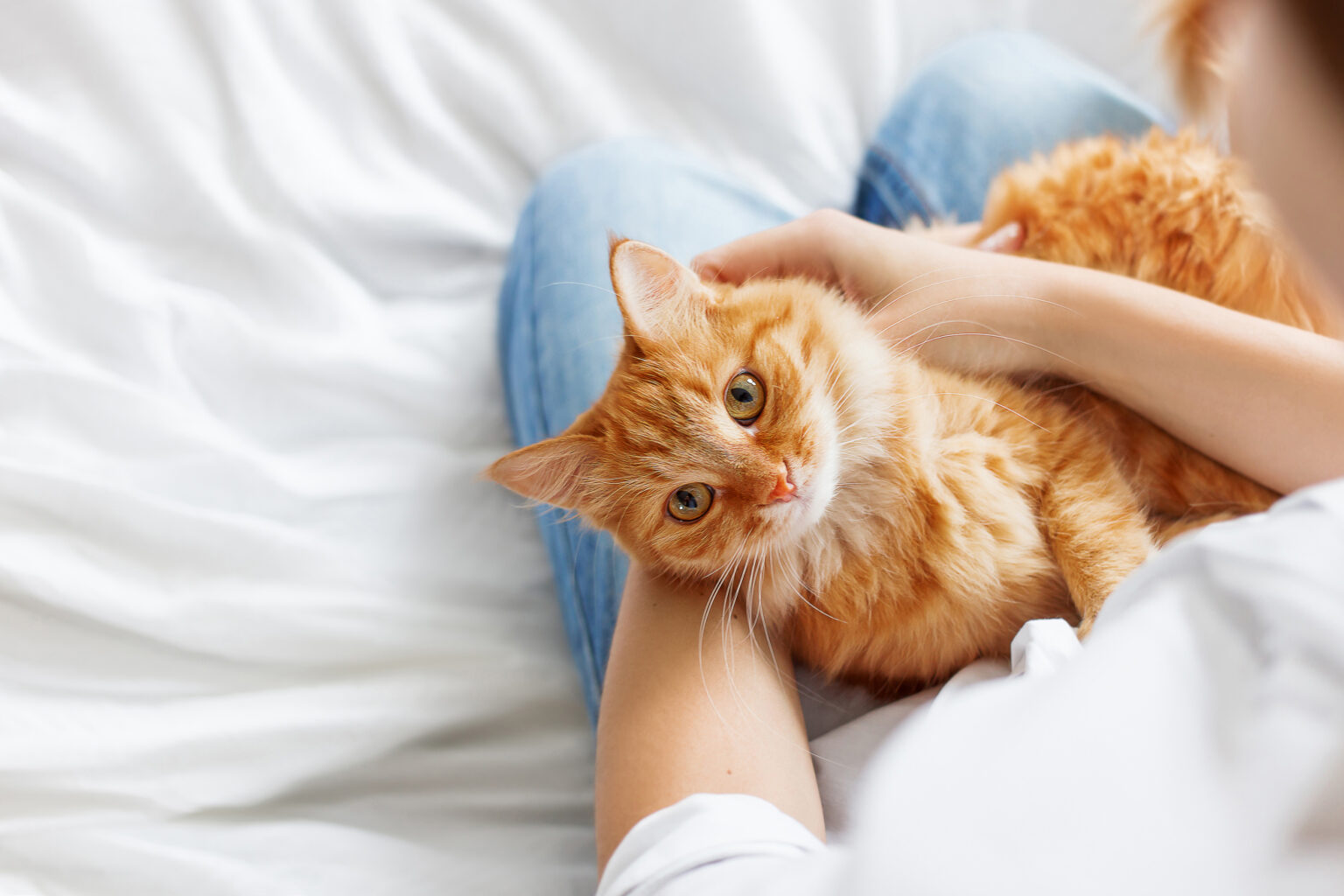What is the function of the liver?
The liver is the largest internal organ in the cat’s body; it regulates the levels of most of the chemicals in the blood. It also produces proteins for the blood plasma, converts waste products of protein processing into a substance that can be removed from the body by the kidneys, helps regulate the distribution of fats in the body, produces bile to aid digestion, and stores glycogen, which is used as an energy source when needed. In addition, the liver regulates amino acid levels and helps clear the blood of certain toxins.
What causes liver disease in cats?
Increased risk of developing liver disease includes:
- Breed: some breeds are more susceptible to liver genetic problems
- Medications/chemicals such as acetaminophen can damage the liver in cats
- Obesity can increase the risk of developing liver disease
- Age: older cats are more likely to develop liver disease
Does my cat have liver disease?
The signs of liver disease can be similar to other medical conditions. If you notice any of the following signs in your cat, contact your veterinarian.
- Poor or loss of appetite
- Sudden weight loss
- Jaundice (yellowing of gums, whites of the eyes or skin)
- Increased thirst
- Vomiting or diarrhoea
- Changes in behaviour
- Excessive drooling
- Lack of energy or depression
What should I feed a cat with liver disease?
Dietary therapy is important in the treatment of the cat with liver disease to aid in regeneration. High-quality and highly digestible carbohydrates are recommended to supply energy for the cat. Inferior types of carbohydrates that are undigested are fermented by intestinal bacteria which increase the bacteria in the colon; these bacteria then break down dietary proteins and produce extra ammonia, which is absorbed into the body and contributes to toxicity in cats with liver disease.
Proteins provided by the diet must be of high biological value to reduce the production of ammonia (a by-product of protein digestion). Most commercial foods contain proteins that are not of high biological value. Normal amounts of protein should be fed as protein is needed by the liver during repair.
Hepatic diets will include the following:
- Highly digestible protein reduces the workload on the liver. Highly digestible ingredients compensate for decreased intestinal enzymatic activity, ensuring optimal intake of nutrients.
- Low copper with increased zinc content minimises copper accumulation in the hepatocytes
- A limited sodium intake decreases portal hypertension and reduces extravascular water flow
- Antioxidants – The synergistic antioxidant complex neutralises free radicals and helps support the health of hepatocytes
- High energy content food allows a reduction in meal volume and a decreased intestinal charge provided from fat avoids excessive protein catabolism, a risk factor for the onset or progression of hepatic encephalopathy.
- Soluble fibre decreases ammonia reabsorption (and ammonia generation) in the bowel and reduced copper helps to avoid accumulation in the liver.
Hills Prescription Diet Feline I/D is a prescription diet that takes these nutritional requirements into account and provides the correct nutrition required by cats affected by liver disorders that result in reduced liver function:
- Helps manage cats with liver disease.
- Highly digestible protein, carbohydrate and fats.
- Helps limit the production of metabolic toxins from nutrients.
- Helps reduce the workload of the liver
In some cases, the vet may recommend supplementing the diet with additional antioxidants to assist with hepatocellular repair. Supplements available include:
Protexin Denamarin – Denamarin is a liver supplement which has the following benefits:
- Pure, stabilised S-Adenosylmethionine (SAMe).
- Enteric coating to prevent isomer degradation of SAMe.
- Tablet for easy dosing.
- Silybin complexed with phosphatidylcholine for increased bioavailability.
- Extensively researched for proven effectiveness.
Hepatosyl Plus Capsules – Hepatosyl Plus Liver Support Capsules contain Silybin which is the most active isomer of Silybum marianum (milk thistle) that acts as an antioxidant by increasing cellular superoxide dismutase. This in conjunction with S-adenosylmethionine (SAMe) and Vitamin E helps to support the liver by removing free radicals within the liver. Hepatic Plus Liver Support Capsules can support the liver in an instance where damage has occurred or believed to have occurred.
Samylin Sachets – Samylin has a unique formulation which promotes optimal liver health. Provided in sachets, its unique ingredients help to aid liver function and neutralise free radicals. Ingredients include; S-adenosyl L-methionine (SAMe), Silybin and Vitamin E.



